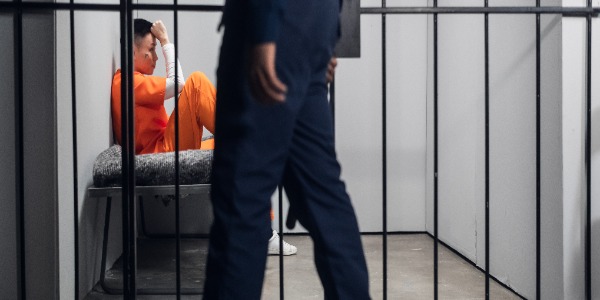2 min read
Analyzing the ALJ's Decision: Chris A. Martin's SSDI Appeal Outcome
Chris A. Martin appealed a decision made by Kilolo Kijakazi, the then acting commissioner of social security, to the United States Court of Appeals for the Seventh Circuit. The case concerns Martin's partial denial of his application for Social...
Read More












